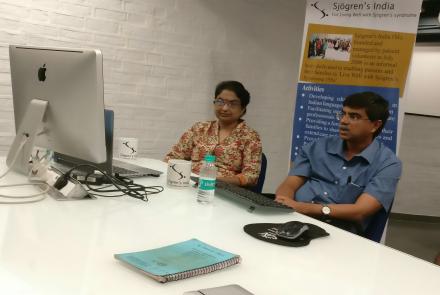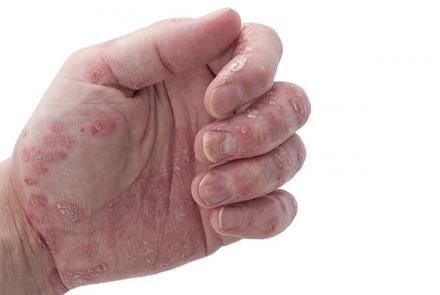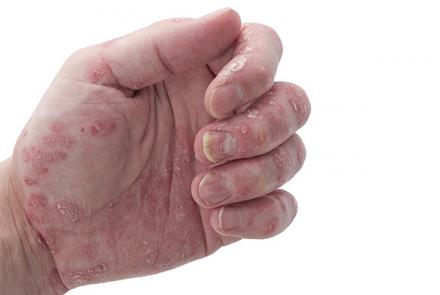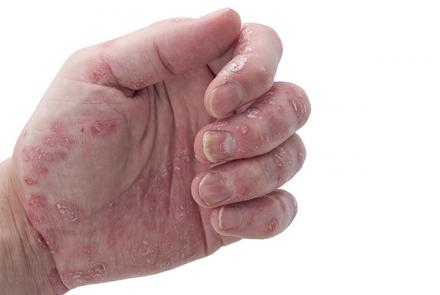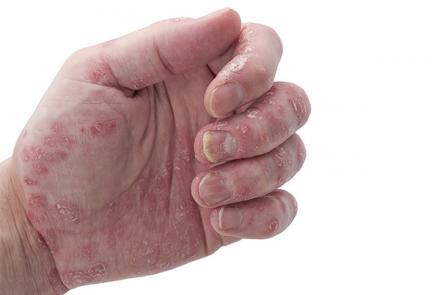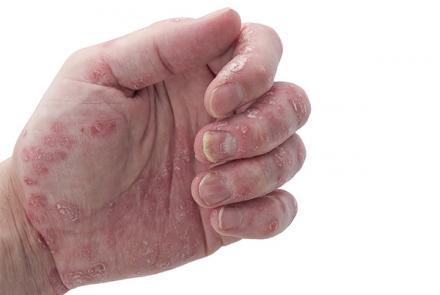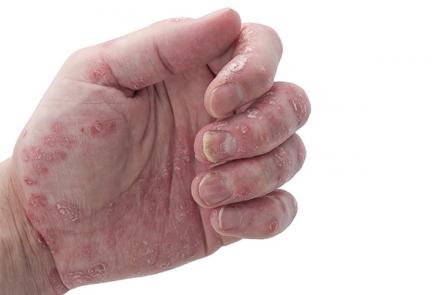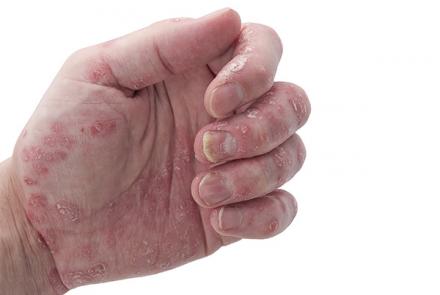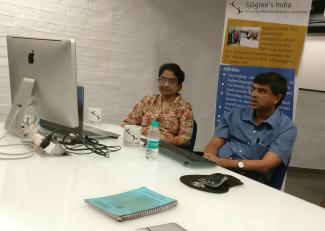
Dr. Sapan C. Pandya, MD DM Clinical Immunology & Rheumatology answers this and many other questions in this exhaustive talk with Kirtida Oza, Co-founder of Sjögren’s India. This online Webinar on “Rheumatic Diseases: Challenges and Hope” is aimed at enhancing awareness about lesser understood diseases.
#Rheumatic Diseases Awareness Month
Dr. Sapan C. Pandya starts with a quick recap of lesser known Rheumatic Diseases including Scleroderma, Lupus, Inflammatory Myositis and Sjögren’s syndrome; and the symptoms of these conditions from dry mouth, dry skin to hardened skin conditions, shortness of breath, etc.
He highlights the need for early diagnosis to prevent complications since the window period of effective treatment is small While these conditions are not curable, they are controllable. Treatment adherence is important for managing these conditions. Treatment options like Biologics, Palliation, NSAIDS, Immunosuppressants and Cortico-steroids are discussed.
The question-answer session covered a wide range of topics. Some of the questions covered were:
- Do symptoms of rheumatic diseases aggravate during menopause? Are they likely to get early menopause?
- Women with rheumatic diseases and Pregnancy
- Skin pigmentation due to hydroxychoroquine
- What is Brain Fog and what can be done about it?
- Why are mornings so difficult?
- Calcium and Vitamin D supplements
- How to handle fatigue and the role of exercise and Vitamin D?
- How to manage drug interactions since various drugs are prescribed by different specialists?
- State of Stem Cell Transplant for these conditions
Check out the video link below if you want to understand about Rheumatic Diseases and Connective Tissue Conditions. And let us know if you are keen on knowing more about any of these conditions.


